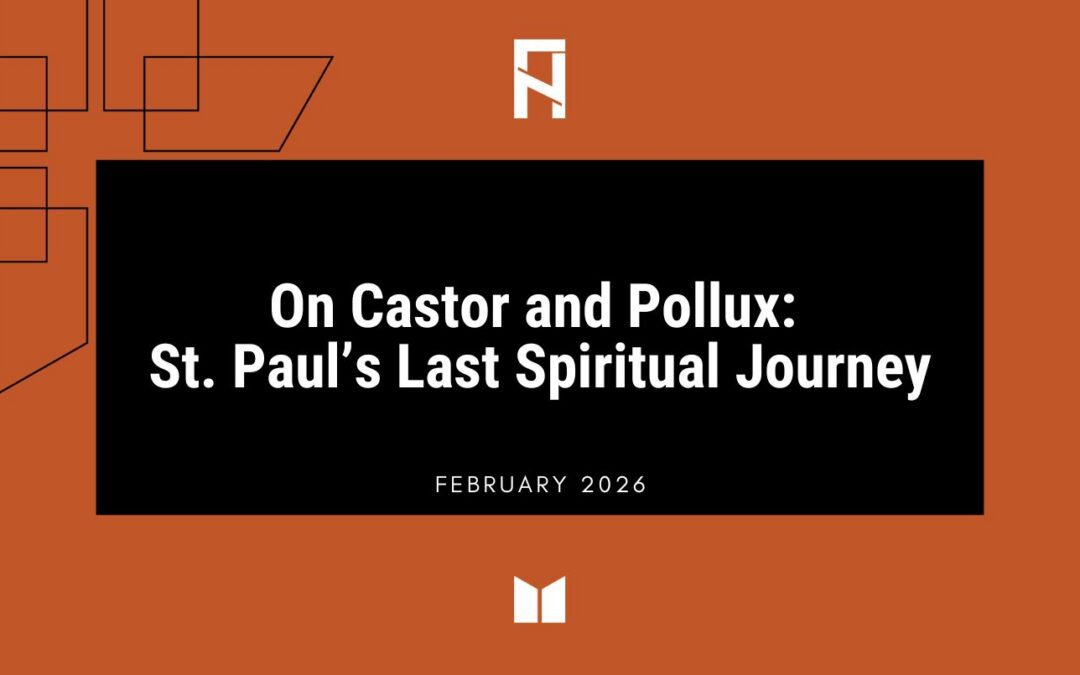In a world that celebrates rugged individualism, evangelical men are often left adrift, craving connection but unsure how to find it. The Bible calls us to community—“Two are better than one,” Ecclesiastes 4:9 reminds us—yet many men, especially younger ones, struggle to forge deep, lifelong friendships.
The consequences are stark: loneliness festers, vices flourish, and the path to a godly life grows dim.
Good men must rediscover the transformative power of true friendship, not as a luxury but as a necessity for spiritual and emotional health.
The Deep Need for Brotherhood
Men need friends—not mere acquaintances, but brothers who sharpen them “as iron sharpens iron” (Proverbs 27:17).
Studies underscore this truth. A 2019 survey by the American Enterprise Institute found that 15% of men have no close friends, up from 3% in 1990. For younger men, the numbers are bleaker: a 2021 YouGov poll revealed that 21% of millennial men report having no one to turn to in times of crisis.
These statistics reflect a crisis of connection, particularly among evangelical men, who are often taught to prioritize spiritual discipline over relational vulnerability.
Christian wisdom affirms that we are made for relationship. Genesis 2:18 declares, “It is not good for the man to be alone.” While often applied to marriage, this verse speaks broadly to our need for companionship. Jesus himself modeled friendship, calling his disciples “friends” (John 15:15) and weeping over Lazarus.
For evangelical men, friendship is not a distraction from faith but a cornerstone of it, offering accountability, encouragement, and a glimpse of God’s communal nature.
Chasing Shadows Over Substance
Yet younger men often pursue other gods—career, status, or romantic pursuits—before seeking friendship. In evangelical circles, this can manifest as an obsession with “purity culture” or individual success, leaving little room for the slow, messy work of building bonds.
This misplacement of priorities is not new. In Mark 10:29–30, Jesus promises that those who leave behind worldly pursuits for his sake will receive “brothers” among their rewards. The early church thrived on such bonds, with Acts 2:44–46 depicting believers sharing life together. Young evangelical men must relearn this, resisting the cultural lie that self-reliance is strength. True strength lies in vulnerability, in choosing friends over fleeting ambitions.
The Poison of Loneliness
Loneliness is not just an emotional ache; it is a spiritual and moral peril.
Research links male isolation to a host of vices: a 2018 study in The Journal of Men’s Health found that lonely men are 25% more likely to engage in substance abuse and 30% more likely to struggle with pornography addiction. Evangelical men are not immune. The absence of trusted friends creates a vacuum where temptation thrives, as there is no one to “bear one another’s burdens” (Galatians 6:2).
Scripture warns of this danger. Cain’s isolation led to envy and murder (Genesis 4:8); David’s solitude on the rooftop sparked lust and betrayal (2 Samuel 11:2–4). Loneliness amplifies our worst impulses, convincing us we are unseen and unaccountable. For evangelical men, the antidote is not more willpower but more connection—friends who challenge, comfort, and call us back to righteousness.
Friendship as a Path to Godliness
True friendship is a divine gift, a key to a life that honors God. Proverbs 18:24 speaks of “a friend who sticks closer than a brother,” a bond that mirrors Christ’s sacrificial love. Such friendships require intentionality: time spent together. Laughter, friendship, being able to share how life is going.
The benefits are profound. A 2022 study by the National Institutes of Health found that men with strong social bonds report lower rates of depression and higher life satisfaction. Spiritually, friends anchor us in faith, helping us “run with perseverance the race marked out for us” (Hebrews 12:1). For evangelical men, friendship is a discipline as vital as prayer or fasting, knitting us into the body of Christ.
The stakes are high. Loneliness is stealing our joy, our virtue, and our witness. But friendship, rooted in Christ’s love, can restore us.






